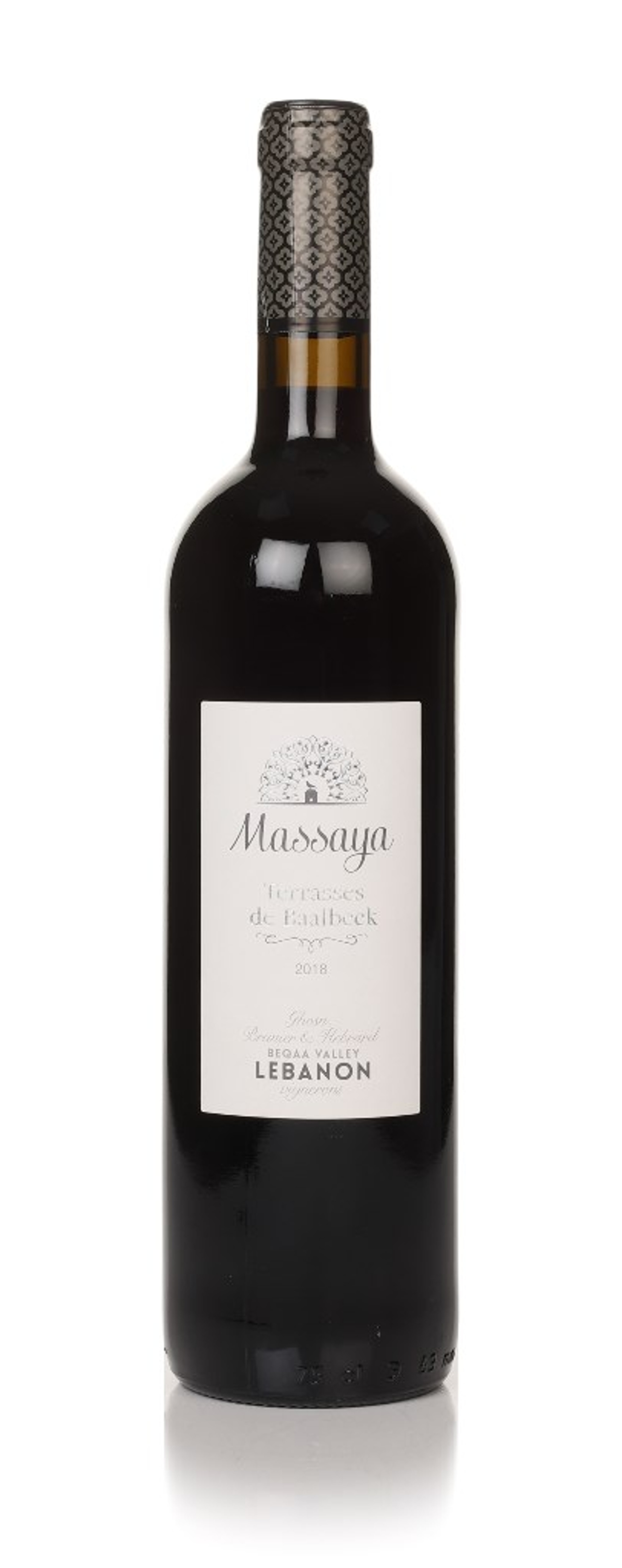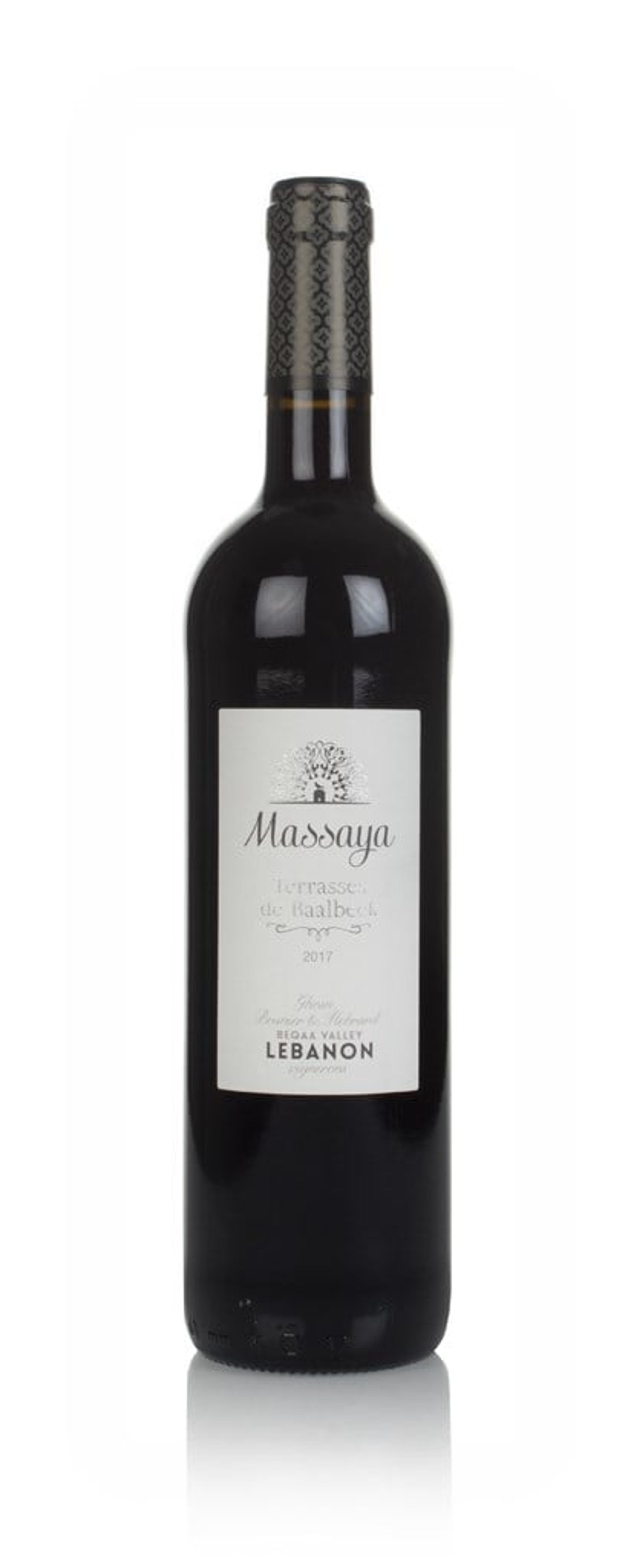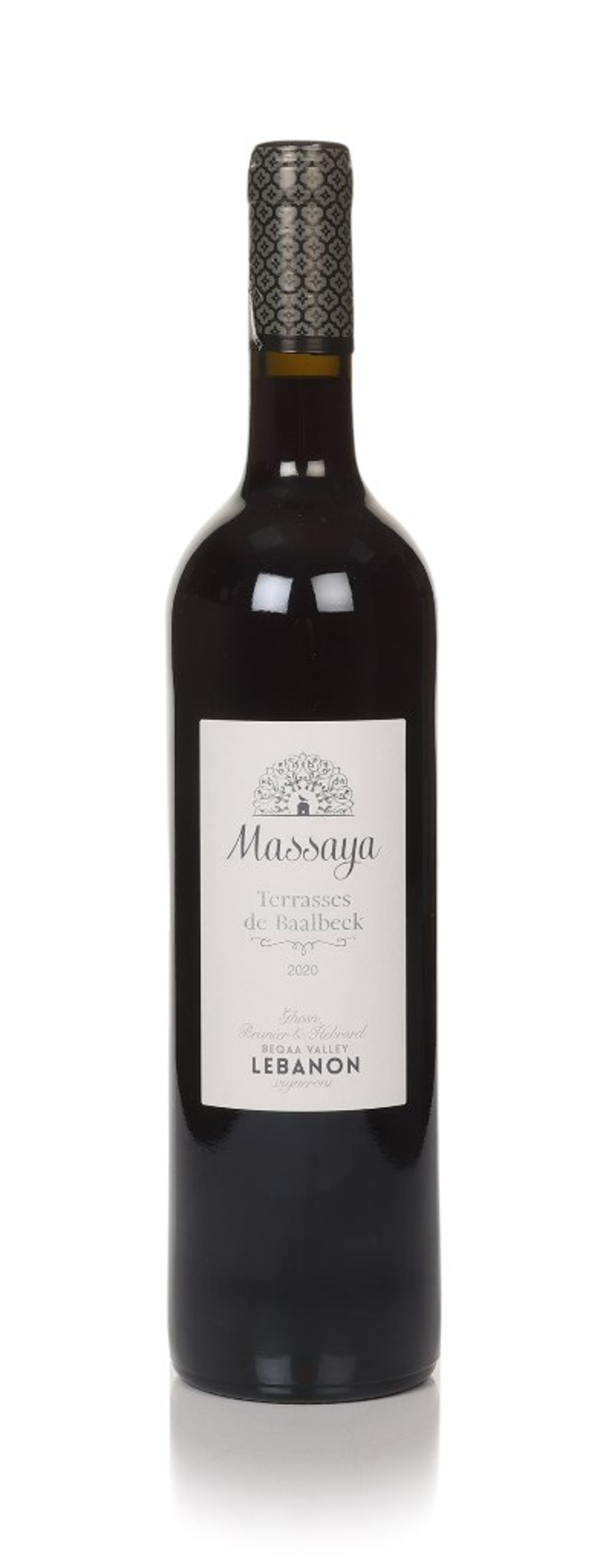
Lebanese Wine
Lebanon in the Eastern Mediterranean, has been a land of vineyards for millennia with evidence of viticulture stretching back 6,000 years. It has long been an important source of wine from Phoenician times through to the Roman empire and into the middle ages and the modern period.
The country’s modern wine industry, however, dates back to the arrival of Jesuit monks from France in the 19th century and the establishment of Chateau Ksara in the Bekaa Valley in 1857 which is still going to this day. The monks brought French grape varieties like cinsault, grenache and carignan.
Following the collapse of the Ottoman empire which had ruled the country since the 16th century, Lebanon became a French colony in 1920. This was a growth period for the country’s winemakers as they supplied the French administrators and soldiers as well as the booming city of Beirut. A high quality producer Chateau Musar was established in 1930 by Gaston Hochar who had trained in Bordeaux.
Lebanon became independent in 1943 and the wine industry thrived supplying visitors to Beirut and the country’s prosperous Christian middle class. But sectarian tensions resulted in a brutal civil war which raged from 1975 to 1990. And yet somehow viticulture survived and even thrived. Musar was exported and became a cult wine particularly in London while Ksara supplied the burgeoning diaspora market.
When peace came a flood of investment, mainly from France, into the country with the establishment of wineries like Ixsir and Massaya. The industry modernised quickly and planted more fashionable grapes like cabernet sauvignon, syrah and chardonnay. In recent years, spearheaded by wineries like Domaine des Tourelles, there’s been a reappraisal of the old Jesuit varieties with distinctive varietal wines produced from cinsault and carignan.
Meanwhile, producers are rediscovering the worth of pre-French grapes like obaideh and merwah which were previously mainly used to make arak. There’s also work being done by producers like Ixsir and Kefraya to identify other indigenous grapes with potential. It’s an exciting time for Lebanese wine.
Price
Advanced Search
Age in years
All
Bottling year
All
Vintage
All
Alcohol by volume
All
Categories
Distilleries & brands
Style
User rating
Bottle size
Countries



